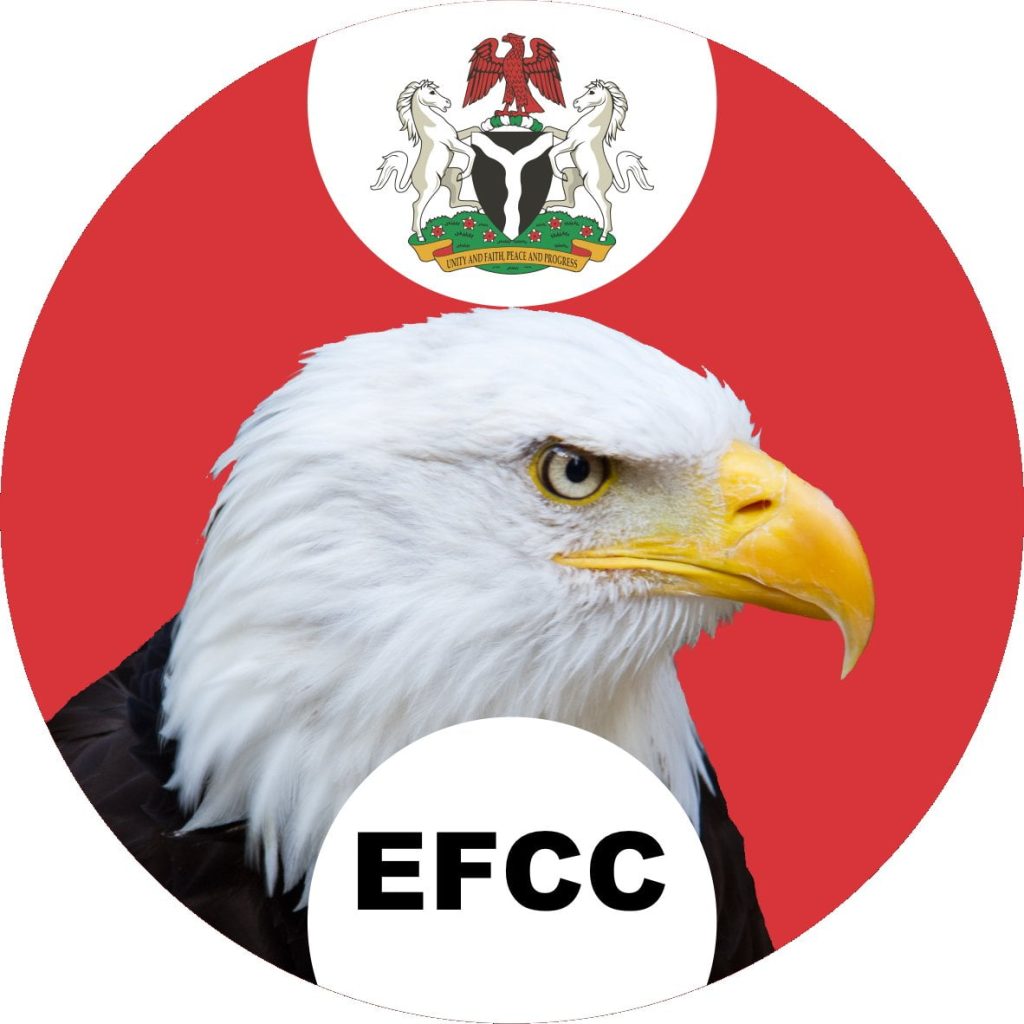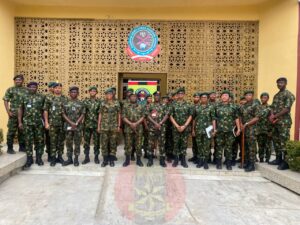Expose tax evaders, EFCC boss charges CITN

EFCC
Expose tax evaders, EFCC boss charges CITN
Abdullateef Fowewe
The Executive Chairman of the Economic and Financial Crimes Commission, Ola Olukoyede, has called on the Chartered Institute of Taxation of Nigeria, to research deeper into the activities of individuals and corporate entities evading payment of taxes in Nigeria, describing them as posing threat to the growth and development of the country.
He gave the charge in Abuja while receiving the management team of the CITN led by its President, Samuel Agbeluyi, who paid him a courtesy visit at the Commission’s corporate headquarters.
This was revealed in a statement obtained from EFCC on Friday.
According to Olukayode, digging deeper into the issues of tax evasion and avoidance will unearth facts that can be used to tackle them thereby raising the revenue profile of the country.
He, “There is a need for us to carry out more research knowing fully well that if you look at the percentage of people paying tax in Nigeria, compared to our GDP, there would be a need for us to do more, so that the government can actually generate more revenue.
“If you try and expose those sectors that have not been paying tax and they have been making a lot of money, it will interest you when we carry out our investigations. Some of the things we discover, people that make a humongous income and pay very insignificant tax and you will be wondering how we survive in this system.”
However, Olukoyede promised not to relent in tackling tax evaders, especially individuals and corporate entities that have failed to remit their due taxes to the federal government and assured that the The commission will collaborate with CITN to fish out the offenders.
“Taxation has become a major source of revenue for the government and for the entire country, perhaps probably the largest, because I was reading a report that taxation has overtaken oil and gas. I am also glad to hear that taxation has become a course of study in tertiary institutions. That is a major feat for you and a a major achievement for the members of the institute,” he said.
On the issue of strategic partnership with the EFCC, Olukoyede stated that taxation is something that the Commission takes very seriously by creating a section handling tax fraud.
“if you look at our structure, here in the EFCC, we have a whole section for tax fraud because we discover that taxation is a major source of revenue and by that, it automatically attracts the attention of criminal-minded people. Through the section, we have recovered billions to the treasury of the government as a result of investigation and prosecution of tax fraud”, he added.
He assured the delegation of a more cohesive relationship, assuring that the collaboration may bring the Special Control Unit against Money Laundering, SCUML, nearer to the Institute. “We are not taking this for granted, as a member of CITN as well, we owe you that duty to collaborate with you and also to ensure that we strengthen the existing relationship,” he said.
In his remark, Agbeluyi stated that his management came to the EFCC because his Institute was desirous of strengthening its alliances with strategic stakeholders in Nigeria and beyond in the area of collaboration.
“I would like to commend the Commission’s recent initiatives to strengthen the implementation of Anti-money Laundering AML, and Counter Terrorism Financing, CFT, measures through the public-private dialogue forum organized just about a week ago. There is no doubt that the Designated Non-Financial Institutions, Businesses and Professions, DNFBPs, in Nigeria remain one of the most vulnerable areas of exploitation by criminals,” he said.
He called for stronger synergy between the CITN and the Commission, pointing out that some of his members would be willing to drive training “as it relates to identifying issues of tax crimes, fraudulent financial reporting and illicit financial flows. We, therefore, seek to build an alliance with the Commission wherein a Technical Committee comprising members from both entities will continually engage to identify vulnerabilities associated with tax crimes and evasion and jointly develop strategies to curb them”.




